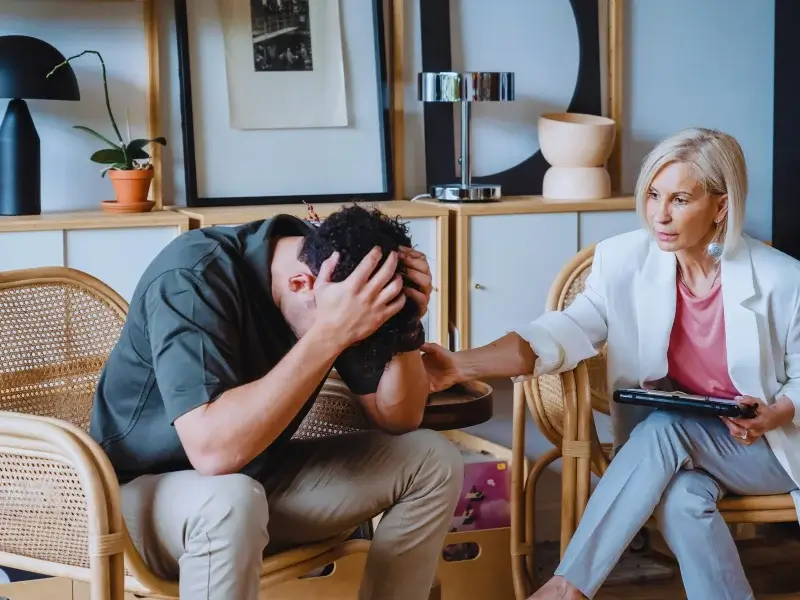PTSD can leave you feeling anxious, sick, and in a constant sense of danger. It’s not a good feeling, thus, there are ways of coping to help you deal with PTSD.
What is PTSD?
PTSD or also known as “Post-Traumatic Stress Disorder” is a disorder that happens when you experience a traumatic event. PTSD leaves you always feeling anxious, sick, scared, disconnected, and just always feeling like you’re in danger.
How to Deal With PTSD
People who experience PTSD are always in a constant battle with themselves and would often feel hopeless. To help alleviate PTSD symptoms, you can do the following:
Reach Out
Seeking other people’s support can be a huge help in overcoming the negative impacts of a traumatic incident and PTSD. Finding someone who you can talk to that you trust can be quite beneficial when dealing with high-stress situations.
But, merely having somebody to chat with might not be sufficient. A supportive connection can have numerous vital aspects that can support someone managing their anxiety, which is why a support group conducted by a professional can be more effective.
Self-Sooth
When you’re feeling anxious and start to experience PTSD symptoms, you should find a way to cope with those feelings. Since having someone to talk to or going to your support group will not always be available, you should find healthy coping strategies to help yourself and to improve your mood.
Deep Breathing
When you’re starting to feel anxious, your breathing may become jagged and abnormal. To help yourself, try deep breathing. Defend yourself from stress by breathing deeply from your diaphragm. To enhance your breathing and reduce anxiety, do basic deep breathing exercises.
Distract Yourself
Distraction strategies, when used strategically, can help people cope with powerful and unpleasant emotions like anxiety and panic. Anything you do to momentarily divert your attention away from these feelings is referred to as a distraction. Concentrating on a different feeling can sometimes help you forget the feelings of anxiety and panic. As a result, temporarily distracting yourself will allow the emotion to lessen in severity, making it simpler to control.
Mindfulness
Mindfulness can be beneficial when it comes to dealing with anxiety. Mindfulness is beginning to be recognized by mental health specialists as having various advantages for persons suffering from anxiety and depression.
Being in tune with and mindful of the present situation is what mindfulness is all about. We get locked in our brains very often in our lives, caught up in the tension and worry of everyday life. Mindfulness can assist you in stepping outside of your thoughts and into the current moment.
Final Thoughts
PTSD can happen to anyone and should not be looked down upon since it is a trauma response to something the individual chose not to experience. Although these tips can help alleviate your PTSD symptoms, they may not be able to cure them. It would be best to get in contact with a specialist to help you get better.
However, take note that finding a specialist is just beyond its credentials, make sure that you’re comfortable enough to be able to talk to your specialist.






